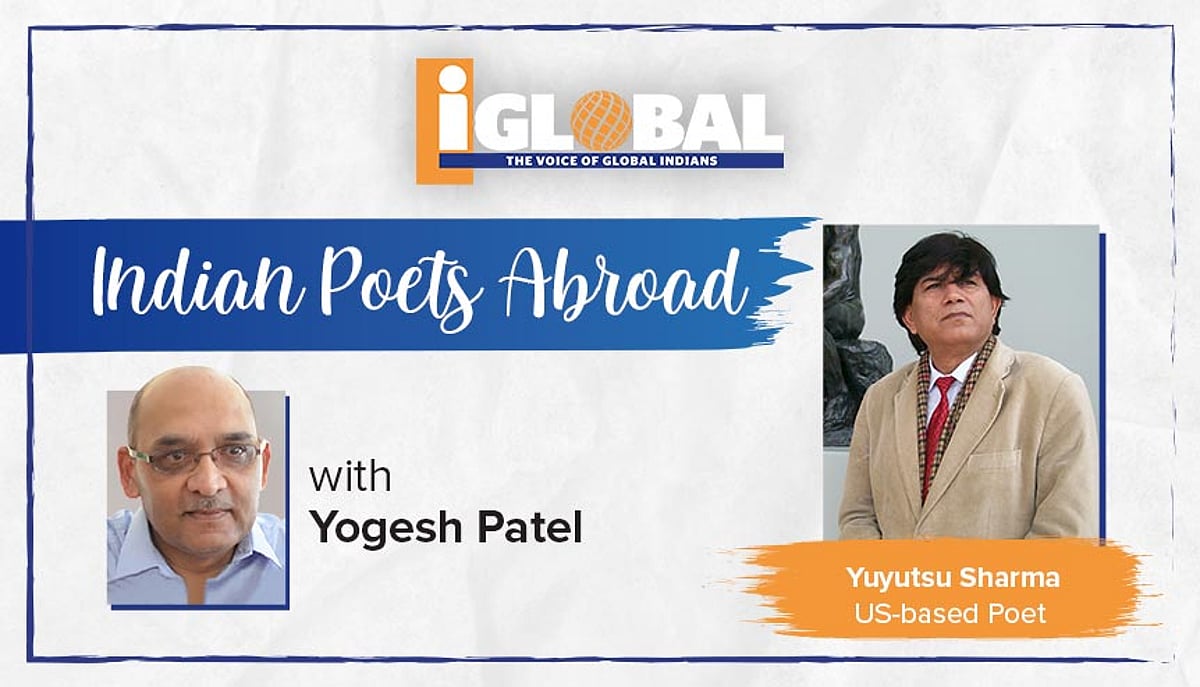The Apparition
For my son, Yugank
Photo by Ravi Manandhar
So much hand washing, son,
scrubbing sanitizers with the fervor
of pouring sacred waters
with such fanatic frenzy
that an elephant’s wrinkled face
starts surfacing along the jagged crusts of my pores.
Holding back the breath
in terror to keep the invisible enemy away,
piled-up fill of surgical masks in the trash-cans
of my trance, pyramids of gloom rising
in the blind vaults of this
world
where I’ve turned into an apparition.
Here on the edge of the earth
standing next to the fractured glaciers
ready to explode any moment,
from the valleys of muted deities,
I can only speak through you,
I cannot touch you, feel your breath,
tousle your hair, or smell sweet odor
of your handsome head.
Being so far away from you,
and much to your annoyance,
over and over again eager
to return to my instructions —
fear everything around you,
keep a safe distance, don’t be complacent,
fear door knobs, street vendors from Preer Vihar, Laxmi Nagar, Khureji,
milkmen from the capital’s bordering villages,
tin foods you bring from Khurana Store,
groceries you unpack along the rumors,
carry a portable hand sanitizer,
let it dangle from your waist like a weapon in a battlefield.
These quick words of caution,
ash-smeared antics from the swirl
of my years on this earth,
these mantras that my Grandpa gave me
foreseeing the calamity decades ago,
the lessons I received in the 60s,
four decades after the First Pandemic.
“Come home,” he’d said, “wash your hands
and feet at the water pump in the courtyard,
clean your mouth with fresh water,
chew a herbal twig to freshen it;
your breath might get polluted from others in public spaces.”
I didn’t quite understand his words--
how could anyone get polluted in public places,
didn’t notice anything nasty in our quiet Punjabi town,
airs cool and crisp, skies azure blue
in the land of bluest rivers in the world.
I didn’t approve of his rigorous rituals
when he made me wash my hands thrice
with ash from our hearth.
“It’s pure gold,” he said, “ash,
nothing purer than ash.”
His white starched turban
stiff over his head, his gruff gurgle;
I saw his Adam’s apple dilate,
a little bird of wisdom trapped in his throat.
In our Messenger chats, son,
I notice your hair have grown long,
covering your forehead.
In your voice messages,
I see an anxiety pouring in
from the rouge metropolis,
Last night, I dreamt a tiny ball
of dirt roll out of your left ear,
and you cried out in pain,
my little prince trapped
in a fort of filth.
I hope you remember your Papa,
like I remember my Grandpa today,
someone who loved me,
with a heart purer than his gold ash.
I see you all alone in the apartment,
your video games that took you away from me,
now you dream to see the real world,
tangible people, busy parks,
ports squawking from seagulls,
snow ranges, mule paths littered
with spring flowers and million butterflies.
But locked down here,
I am only an apparition in Kathmandu,
not a valid figure of flesh and sturdy bones.
My blood cannot throb to warm your anxious sleep,
I cannot touch you or reach out to you,
being miles away from you.
I cannot take you to Connaught Place,
to your favorite cafes, or bring you to the bustle
of your favorite Squares at Nehru Place,
Karol Bag, Chandani Chowk, Janpath.
Or bring you back to the Himalayas,
to our luxuriant canyons to make you race around
the glaciers, to sweeten your breath in our dreams
from the forests of rhododendrons, making you
sing along the chorus of summer cicadas
to fill your youthful vessel
with the quiet sheen of our eternal snow.
From Upcoming book, God's Messy Workplace: The 2020 Poems














